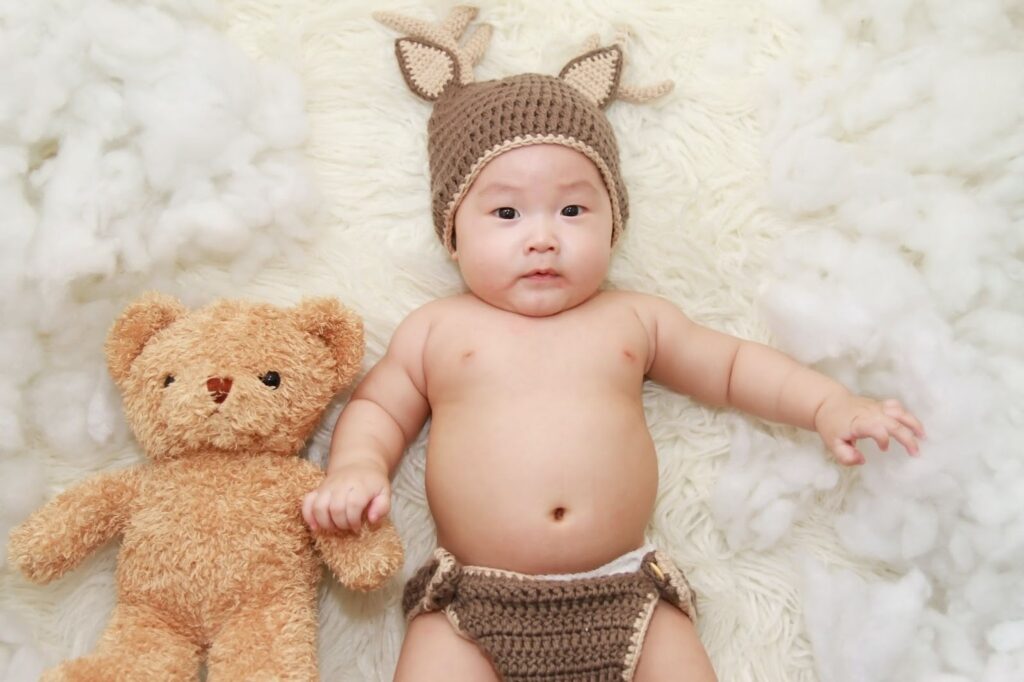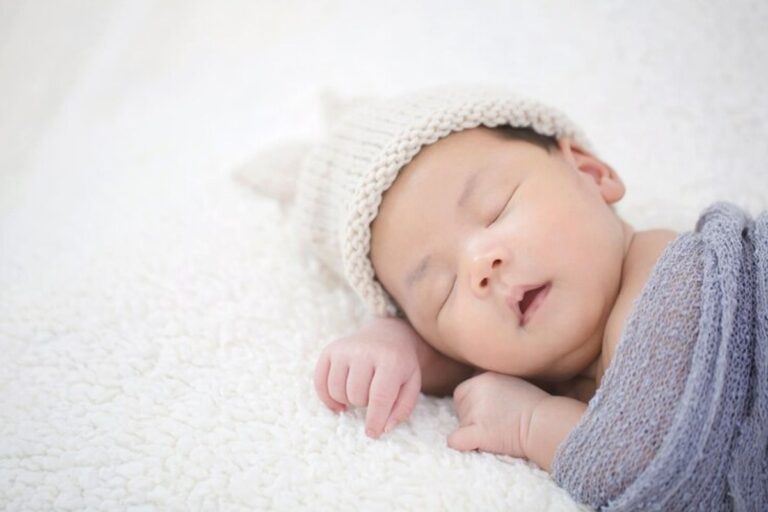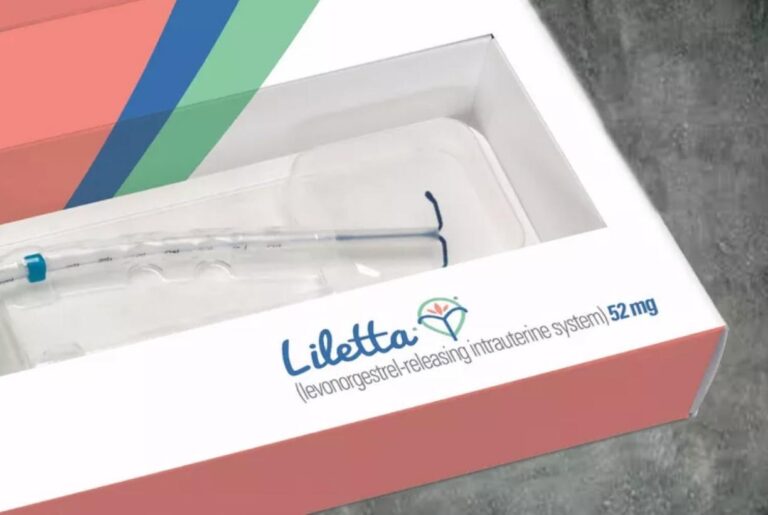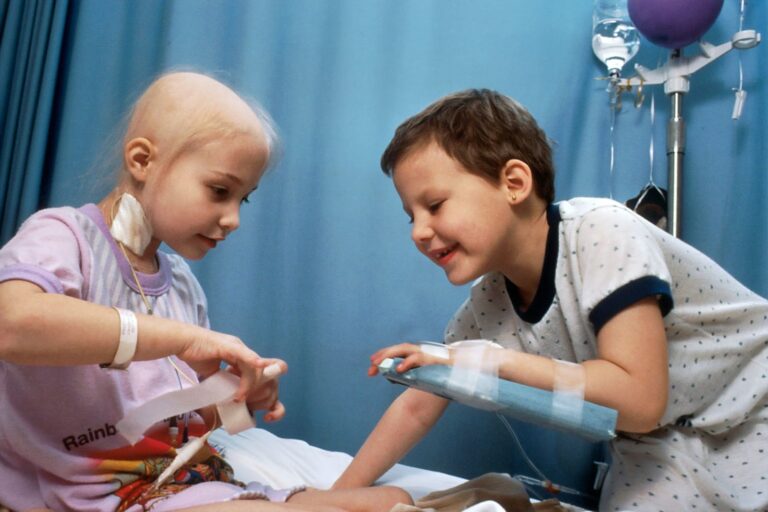Baby powder has been a staple in many households for decades, cherished for its soothing properties and ability to keep a baby’s skin dry and comfortable. However, in recent years, the safety of using baby powder which contains talc, has come under scrutiny. So, is baby powder bad for babies?
In this article, we will explore the controversy surrounding baby powder and whether it is indeed bad for babies. Let’s dig deeper!
The Traditional Use of Baby Powder
Traditionally, baby powder has been used to prevent diaper rash and keep a baby’s delicate skin soft and dry. Most baby powders contain either talcum powder or cornstarch as their primary ingredient.
Talcum powder is derived from talc, a mineral composed of magnesium, silicon, and oxygen. Cornstarch, on the other hand, is a natural and plant-based alternative.
The Talc Controversy
Talcum powder has faced controversy due to concerns about its potential link to respiratory issues. Also, Talc is more significantly controversial due to its potential for ovarian cancer.
Few studies have implied that talcum powder use in the genital area could increase the risk of ovarian cancer in women. While the link is not definitively proven, it has prompted manufacturers to reevaluate the composition of their products.
Is Baby Powder Bad for Babies: Risk Factors
Talc continues to be a prevalent component in various baby powders. Understanding why talc poses a health risk, both for yourself and your infant, is essential. Several concerns are connected to the use of talc, including:
1. Particle Size of Talc
Talc particles are exceedingly small, making them easily inhalable. When infants inhale these particles, they may reach their lungs, potentially causing significant harm. In contrast, larger particles found in cornstarch may not pose as much risk.
2. Asbestos Ingredient Existence
Talc, being a mineral commonly found in proximity to asbestos, can become contaminated during extraction. Asbestos is a known carcinogen that heightens the likelihood of developing cancer.
Recent recalls of talc products have been prompted by concerns about asbestos contamination. Also, the American Cancer Society has explored potential links between talc usage and cancer.
The Answer to “Is Baby Powder Bad for Babies?” Question
Although numerous legal cases involving baby powder have focused on cancer concerns, pediatricians are primarily worried about its impact on a child’s respiratory system. The potential danger lies in the risk of infants inhaling the fine particulate matter emitted by the powder, especially when used excessively.
According to Dr. Joel Kahan, the director of pediatrics at Syosset Hospital in New York, individuals using substantial amounts of baby powder near a baby’s face increase the likelihood of the child inhaling these extremely fine particles into their lungs. This inhalation, when occurring in significant amounts, can pose serious harm to the child.
In the December 2018 edition of Pediatric Environmental Health, published by the American Academy of Pediatrics Council on Environmental Health, the organization reiterated the need for caution. The report stated that parents should steer clear of talcum powder in nurseries to prevent talc pneumoconiosis.
The AAP emphasized that the accidental inhalation of bulk powder increases especially if a container tips over into a baby’s face. It can lead to talc pneumoconiosis and has been associated with several infant fatalities.
Pediatricians advise parents to explore alternative products such as oil-based lotions or creams instead of baby powder. Cornstarch-based powders are composed of larger particles compared to talcum powder. This presents a safer option as they pose less of a threat to the airway while remaining equally effective in ensuring that babies stay dry.
Safer Substitute for Talc Baby Powder
The revelation of the connection between talcum powder and cancer prompted numerous brands to withdraw their products from retail shelves. Now, consumers are seeking alternatives to talc-based powders for their personal hygiene needs.
Ointments serve as an acceptable replacement for powders, with the Academy of Family Physicians recommending their application at each diaper change to alleviate or prevent rashes. These ointments can also be applied to areas prone to friction or chafing on the body.
Since many parents doubt “Is baby powder bad for babies?”, here are some alternatives to consider:
1. Cornstarch Baby Powder
Cornstarch stands out as the most widely used substitute for baby powder. Employed in various industries as a thickening and anti-sticking agent, it excels at moisture absorption and offers the same silky texture as talcum powder.
Cornstarch powders, both in pure and mixed forms, are available at supermarkets, drugstores, and online platforms. Therefore, you can buy it immediately to remove the usual baby powder.
2. Baking Soda
A household staple, baking soda serves as a versatile substitute for baby powder. It can be applied to underarms and feet as a deodorizer and is safe for use on babies, although a patch test is advisable. Additionally, baking soda finds application in exfoliating the skin, serving as a face mask, and teeth whitening.
3. Flour
Rice, corn, and oat flour emerge as suitable substitutes for baby powder. However, these flours are slightly coarser than cornstarch and baking soda, providing a less smooth feel on the skin.
4. Other Talc-Free Powder
For those disinclined to search their kitchens for talc-free alternatives, numerous commercial powder products are available. These products often feature cornstarch, rice starch, tapioca starch, arrowroot starch, and kaolin clay as their primary ingredients.
Best Practices for Baby Powder Use
Using regular or Talc-based baby powder can be a dilemma. Yet, there are some practices that parents can do to minimize the bad impacts of baby powder, such as:
- Choose Talc-Free Options: Opt for baby powders that are explicitly labeled as talc-free to eliminate any potential risks associated with talcum powder.
- Apply Away from the Face: When applying baby powder, ensure that it is done away from the baby’s face to minimize the risk of inhalation.
- Limited Use: Use baby powder sparingly and only when necessary. Overuse may lead to an increased risk of inhalation and potential respiratory issues.
- Consult with a Pediatrician: If there are concerns about using baby powder, it is advisable to consult with a pediatrician who can provide personalized advice based on the baby’s specific health conditions.
Is Baby Powder Bad for Babies? Make a Wise Choice!
While baby powder has been a trusted companion for parents for generations, the talc controversy has raised valid concerns about its safety. Opting for talc-free alternatives and adopting best practices for application can help mitigate potential risks.
As with any baby care product, it is crucial to stay informed, consult with healthcare professionals, and make decisions that prioritize the safety and well-being of the infant.



